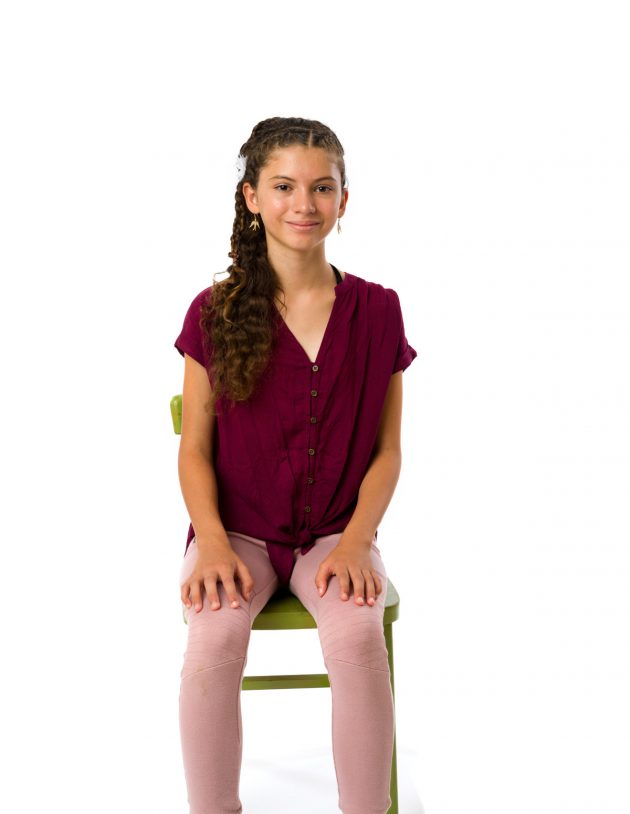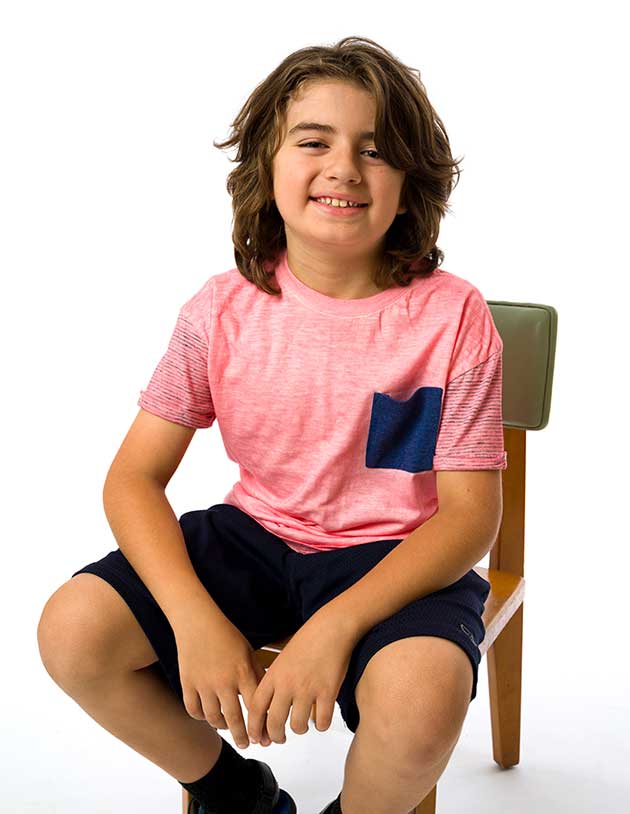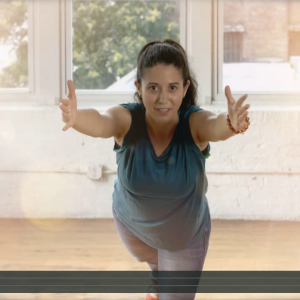Life comes with a lot of challenges. Sometimes these challenges can lead to frustration. I find one of my most effective ways to empower the children I work with is to give them tools that help them navigate big emotional experiences, like frustration. What triggers frustration can be different for each individual. Some examples of triggers are: chores, homework, a fight with a friend, learning to play an instrument, and feeling misunderstood. My hope is for students to recognize the onset of frustration and know they have the resources to care for their feelings.
Here are a few activities to help students recognize the onset of frustration and learn how to care for themselves, along with a short video practice that you can do any time or place.
Activity #1: Create a Frustration List
Challenging situations arise daily. It is useful for children to know what situations cause them frustration. We have more control over our emotions when we can label what is happening during an experience.
With older students, have a discussion about the frustrating moments in their lives. After the discussion, have students make a list of what causes them feelings of frustration. It will help them feel more in control when they talk and reflect on situations that trigger frustration. Encourage them to observe over the next few days what happens in their bodies during those moments of frustration.
A visual aid can be helpful for younger students when making a list. Create an outline of a flower and cut out petals. On each petal write something that causes frustration. Keep the flower visible and encourage children to add petals when new frustrating tasks arise.
Activity #2: Make a Body Map
Body mapping can help children make connections between their bodies and their emotions. Use a body outline template or outline a body on a big roll of paper.
Ask the child to think about a time they felt frustrated and notice what happens to their body. Some observations might be fists clenching, face feels hot, shoulders and jaw tense up, or breath changes. Explain that these sensations are their body’s way of communicating with them. Have the child color, draw, or write in the areas on the body map where they feel sensation when they feel frustrated.
Activity #3: Tense and Release
When students can recognize sensations of their body, they can begin to care for their emotions.
Tense and release, also known as progressive muscle relaxation, is a technique to promote relaxation in the body and relieve stress. This practice can be taught before a frustrating task. Take a slow deep breath and squeeze the muscle groups in your body that feel tight during frustration, such as fists and shoulders. Hold for 3-5 seconds, then release the tension and notice how your muscles feel when you relax them. Tense and release those areas a few times and check in with how they are feeling.
This exercise will help to lower tension in the body, and help relax in moments of frustration.
Activity #4: Practice the Pause with Challenging Yoga Poses
Explore frustration in a playful way with balance poses.
Tell your students you are going to practice challenging poses and they may feel frustration. When they start to feel frustration they can pause, take a breath and try the pose again. This video will show you how to prepare a child to pause and care for themselves during feelings of frustration.
Check out the 4 minute video below for a great example of how we can safely explore frustration while caring for ourselves. I had the honor to be a part of a series of videos created by Little Flower Yoga’s in collaboration with GoNoodle. GoNoodle helps teachers and parents get kids moving with short interactive activities. You can find the full series of videos by searching for the Empower tools series on GoNoodle’s website.



















